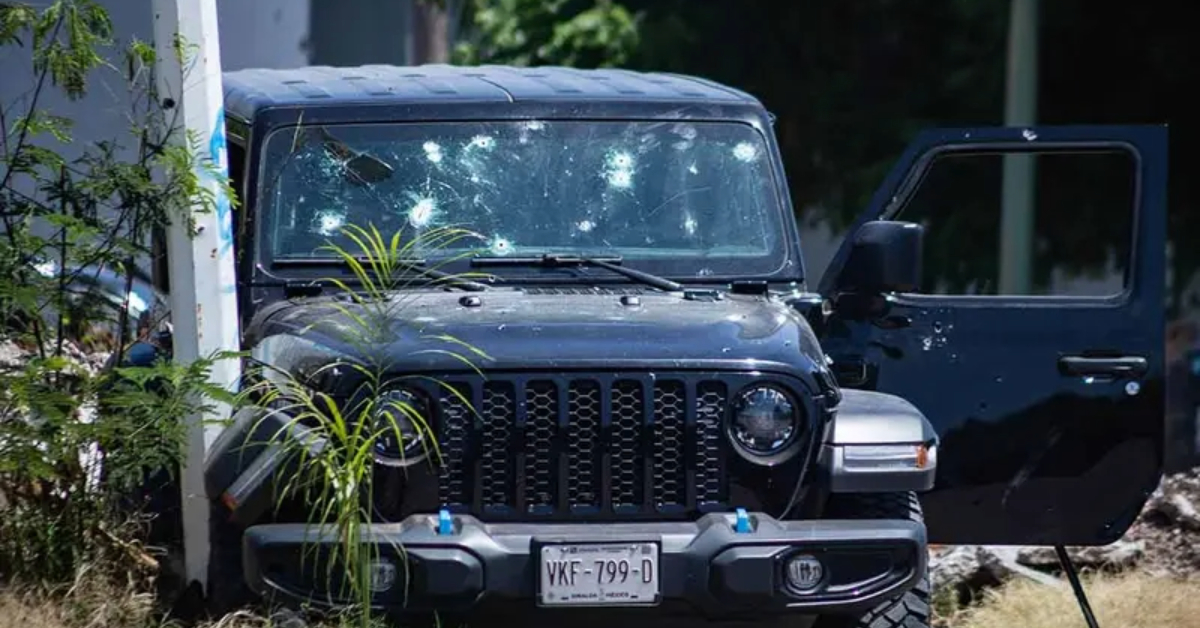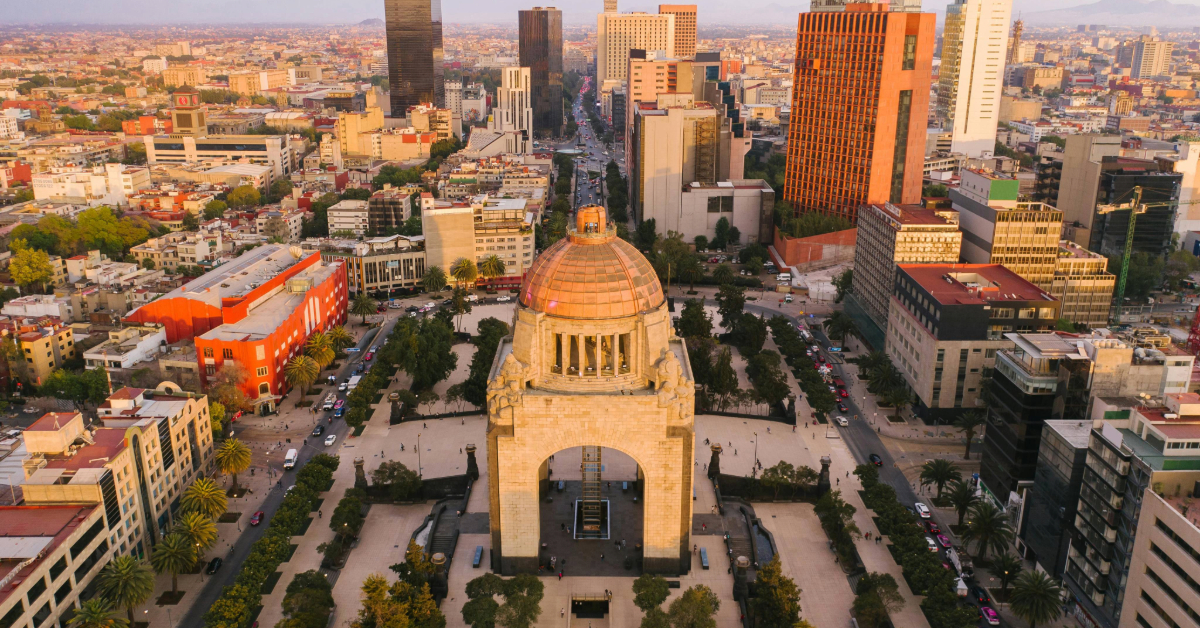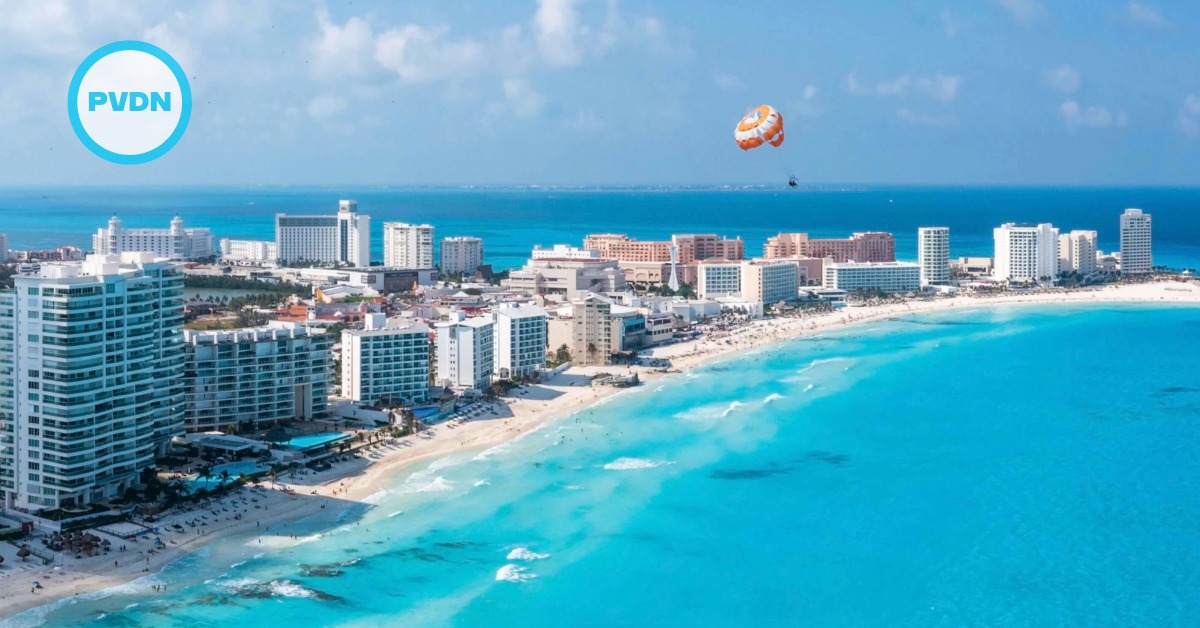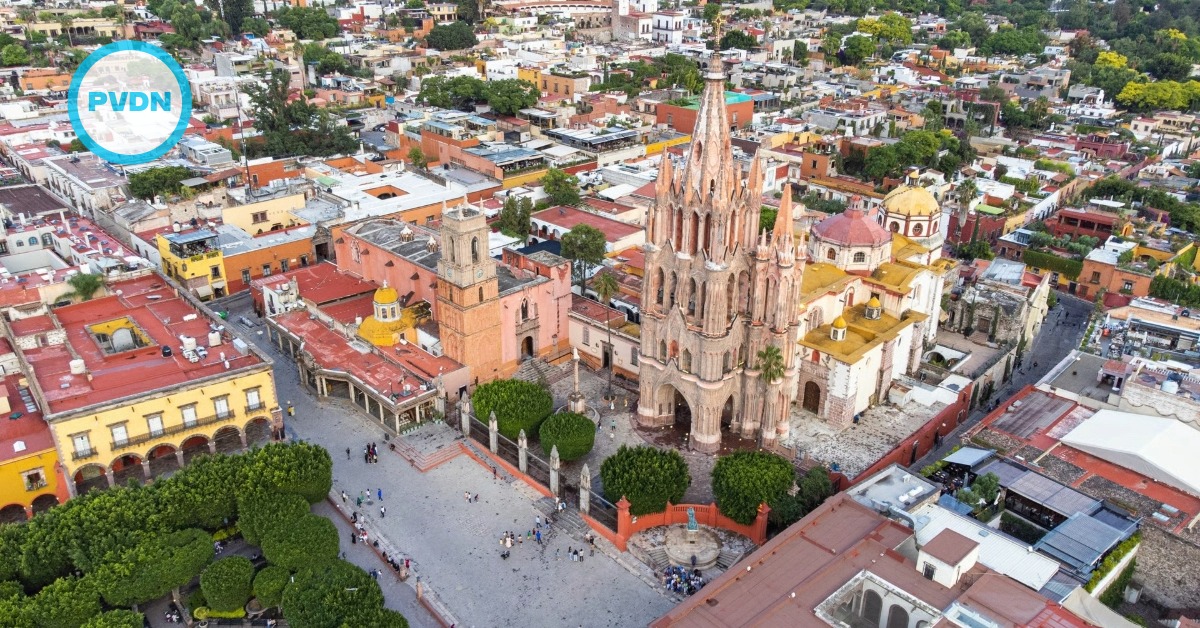Puerto Vallarta, Mexico - The U.S. Department of State has updated its travel advisory for Mexico, urging U.S. citizens to exercise caution and, in some cases, reconsider travel to various states across the country. The advisory, issued as part of ongoing efforts to ensure the safety of American travelers, highlights widespread violent crime, including homicide, kidnapping, carjacking, and robbery in many regions of Mexico. The State Department notes that the U.S. government has limited ability to provide emergency services in certain areas due to restrictions on the movement of its employees.






